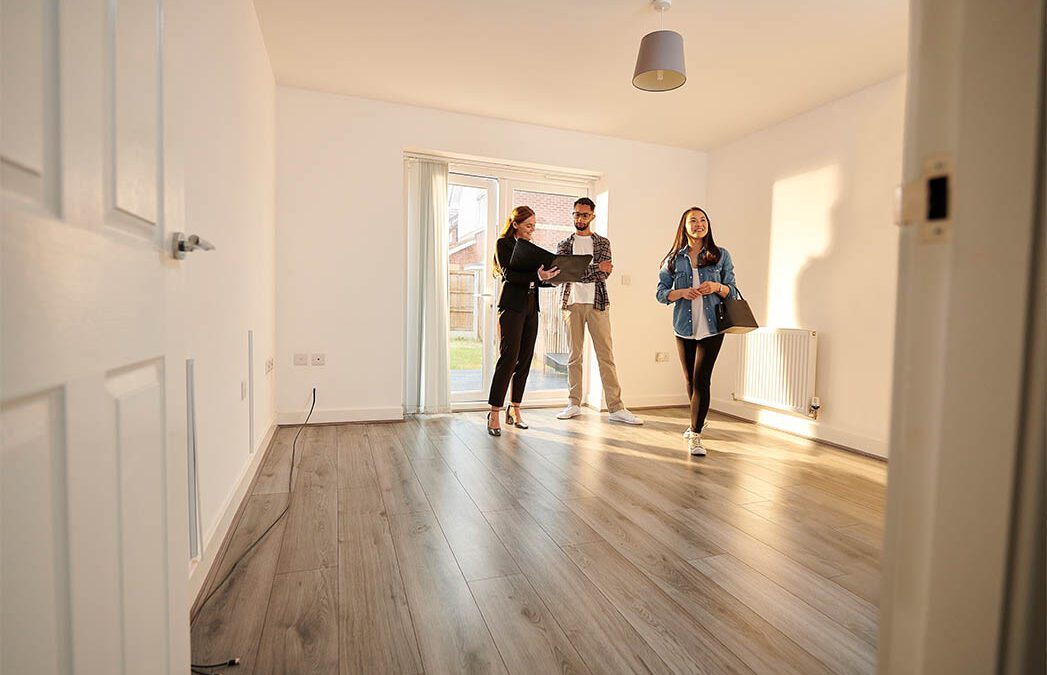 I attended an interesting city ordinance meeting yesterday here on the beaches of Anna Maria Island, a beach town on the gulf coast an hour south of Tampa, Florida. Just like many areas in Florida, this is an area where many foreign and northern investors love to buy investment property. Their plans are to buy now, rent the properties out as vacation rentals to cover the cost of ownership and then over the next five years, as they retire, they plan to move into these properties.
I attended an interesting city ordinance meeting yesterday here on the beaches of Anna Maria Island, a beach town on the gulf coast an hour south of Tampa, Florida. Just like many areas in Florida, this is an area where many foreign and northern investors love to buy investment property. Their plans are to buy now, rent the properties out as vacation rentals to cover the cost of ownership and then over the next five years, as they retire, they plan to move into these properties.
The meeting was conducted by the local real estate board in advance of the actual Commission Special Meeting

Investors should look for vacation home investments in areas designated for this type of development.
(town hall meeting), and the agenda was to try to create more user-friendly ordinances that would allow investors to use their homes as vacation rentals. There have been an increasing number of regulations basically designed to disrupt the operations of vacation rentals.
Within this meeting and all the conversation around investment purchases, I found myself reflecting on how unknown circumstances or loss of control can disrupt an investor’s businesses.
I have learned many nuances over the years and have talked with many investors who have made some very costly mistakes.
Knowing these up front can make you stronger and more informed as investors, so I thought sharing some of these experiences may empower you with your future investments.
7 costly mistakes and unknowns that may hurt you
- Vacation rentals: City ordinances are always changing, and often these changes can be costly or a prohibited activity that disrupts your anticipated cash flow. For example, yesterday’s meeting discussed the possibility of requiring one parking spot for each bedroom. I doubt this will get past our committee, but if it did, it would suddenly shut down the business of many investors. In buying vacation rentals, I find it to be safest to buy in areas designated as a vacation rental development. These developments are created and designed for this purpose, and the ordinances tend to be much more user-friendly for investors. If you do buy outside these developments, make sure you understand all current and pending ordinances.
- Condos or townhomes as rentals: I have helped many eager investors avoid many mistakes on condos and townhomes. Often referred to as “common interest communities,” many have fees that are outside your control. As owner of a non-owner-occupied property, you often do not even get voting rights on pending ordinances. A condo fee that covers common areas such as hallways, parks, pools, driveways, etc., can go up annually or even have an assessment imposed upon them. A common mistake condo investors make is being attracted to low condo fees. Low condo fees should be considered a big red flag. It is imperative to study the financial statements of these common interest communities when you purchase to make sure the budget is current, accurate and has reserves to cover routine maintenance of projects such as roof replacement or driveway repairs. Low condo fees often mean they do not have any or sufficient reserves, and pending assessments are usually right around the corner.
- HOA fees to single-family homes: This is not a huge issue, but since we are talking about mistakes, this should be addressed. HOAs (homeowners associations) can be a great tool to keep property values up, as these HOAs have rules and regulations to help ensure properties in the area are all being properly maintained (externally) to coincide with their architectural committee recommendations, make sure lawns are being kept up and collect small fees to cover any common grounds such as entry ways into the subdivision and any amenities the development offers. I consider these HOAs to be a good tool, but just like studying the condo docs you want to study the HOA docs and budget to make sure things are financially sound. After the housing meltdown there was many homeowners who stopped paying their fees and perhaps lost their home to foreclosures or short sales. For each home that did not pay and for each month that was not collected, the HOA was put further into financial distress, and you want to ensure you are not buying a property that may be subject to large HOA increases or assessments. I have talked with investors who bought properties with an HOA and did not even know the property was attached to an HOA. Not sure how that is even possible, but worthy of the question when buying a single-family house.
- Homes with septic tank and/or wells: Here is another interesting potential problem: the purchase of a home with an unknown septic system or well on the property. Having a well or septic tank may not necessarily be a bad thing, as long as you are aware of it, so add this to your list of questions when buying a house. I know people who bought property without giving any consideration to how the water got into the house or how the sewage got out of the house. They simply took for granted that the utilities were hooked up to a public system. As utilities are not covered by the landlord, they did not consider it. One day about 14 months after an investor I know purchased a property he got a tax assessment of close to $5,000 to connect the house to city utilities. Needless to say, the cash flow on this property was not sustainable.
- Buying someone else’s deferred maintenance: Why will this problem not go away? Eager to look for a low-priced property that will generate good cash flow, investors often wear blinders to a property’s deferred maintenance. Lured in to the cosmetic appearance of a new paint job and thrilled they will not have to do the painting, they are distracted from the deferred maintenance a property has. I always suggest studying the pro forma before looking at a property, and then look at the property with an eagle eye – especially those expensive items like roof, HVAC, electrical and plumbing. Never, ever try to save a few hundred dollars by skipping a home inspection. It is always important to have the property looked over by an objective third party that has no emotional ties in the property. That third party can find things your mind may gloss over.
- Underestimating the true cost of repairs: It will only take one time to learn this, and perhaps a second or third time to confirm in your mind that repairs tend to always cost more than you expect. When fixing or renovating, you always find that as soon as you touch one thing, the item attached to it also needs some attention. Figure high on every single line item, and then add 15% to the estimate. You will want to aim to accomplish the repairs for less than total estimate, but at least you are covered if you use up the whole budget, which often will be the case.
- Invest with passion and purposeful intent: It is not a hobby: The hair on the back of my neck stands up when people say, “Oh, investing is just a hobby to give me something to do. “ These investors always find themselves caught up with one of the problems identified on this list. While it is admirable you have fun while investing, treating the investment like a business will help avoid these costly mistakes. Then with solid returns and profits, your passion will continue to grow, and you will still be able enjoy investing.
All these mistakes were easily avoidable. It only takes a few simple questions and a little due diligence up front to learn what exactly you are buying. When calculating your ROI from a pro forma, you may ask yourself what expenses are in your control. And, what are the possibilities of unknown expenses creeping in? This simple pause and reflection will help you make more sustainable investments.























0 Comments